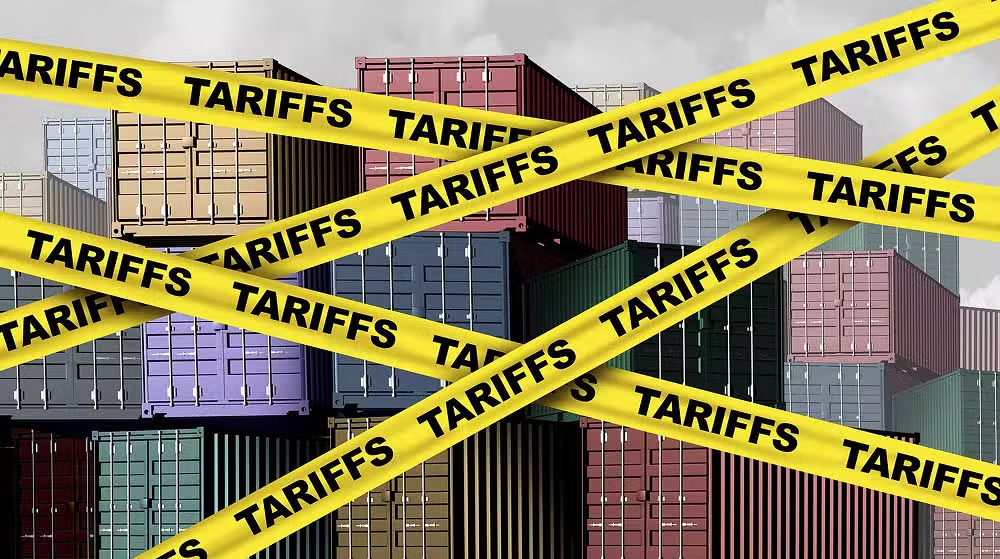Prime Minister Shehbaz Sharif has established a high-level committee to review trade tariffs ahead of the 2025 federal budget.
This move comes after the International Monetary Fund (IMF) urged Pakistan to reduce tariffs on specific goods as part of its economic reform agenda.
The review could result in lower prices for consumers, but it may also expose local industries to foreign competition.
IMF’s Push for Trade Liberalization and Tariff Reduction
The IMF has repeatedly raised concerns over Pakistan’s protectionist trade policies, particularly in the automobile sector.
In its recent discussions with Pakistani officials, the global lender stressed that lowering tariffs and removing industry protection could lead to a more competitive market and increased foreign direct investment (FDI).
The Pakistani government has agreed—at least in principle—to modify its auto-sector liberalization plan by gradually reducing protectionist policies.
The IMF cited Australia’s automobile model as an example of successful market liberalization, where auto imports were allowed only after strong policy reforms. Pakistani officials countered this argument, pointing out that:
- Australia had implemented industrial reforms before opening its market.
- The United States still imposes tariffs to protect its domestic auto industry.
- Abrupt policy changes could harm local manufacturers and employment levels.
IMF Rejects Pakistan’s Proposal to Expand Export Finance Scheme (EFS)
In another key development, the IMF has turned down Pakistan’s request to increase financing facilities for exporters under the Export Finance Scheme (EFS).
Currently, Pakistan provides Rs. 1 trillion in concessional credit to exporters, helping them manage short-term financing needs.
- Pakistan’s fiscal stability and rising debt levels.
- Potential misuse of funds in an already fragile financial environment.
- Long-term sustainability of export subsidies under IMF’s Extended Fund Facility (EFF) program.
Countries like Bangladesh, India, and China provide billions of dollars annually to their exporters, helping them gain a competitive edge in global markets.
While the EFS remains a critical tool for Pakistani exporters, the IMF’s strict stance raises concerns about how Pakistan will continue to support its export sector while complying with IMF loan conditions.
Potential Economic Impact of Tariff Reductions
If the IMF’s recommendations are fully implemented.
Lower import tariffs could reduce consumer prices.
Increased foreign investment and greater market competition.
More opportunities for international trade partnerships.
Local industries (especially auto manufacturers) may struggle to compete.
Job losses in sectors that rely on protectionist policies.
With the 2025 budget on the horizon, the government must now decide how to balance economic growth with IMF’s demands.
While tariff reductions may help attract foreign investors, there is a real risk that local industries could suffer.
- Gradual tariff reductions are implemented instead of abrupt changes.
- Local industries receive policy support to improve competitiveness.
- Alternative revenue sources (like tax reforms) are explored to offset lower tariff collections.


